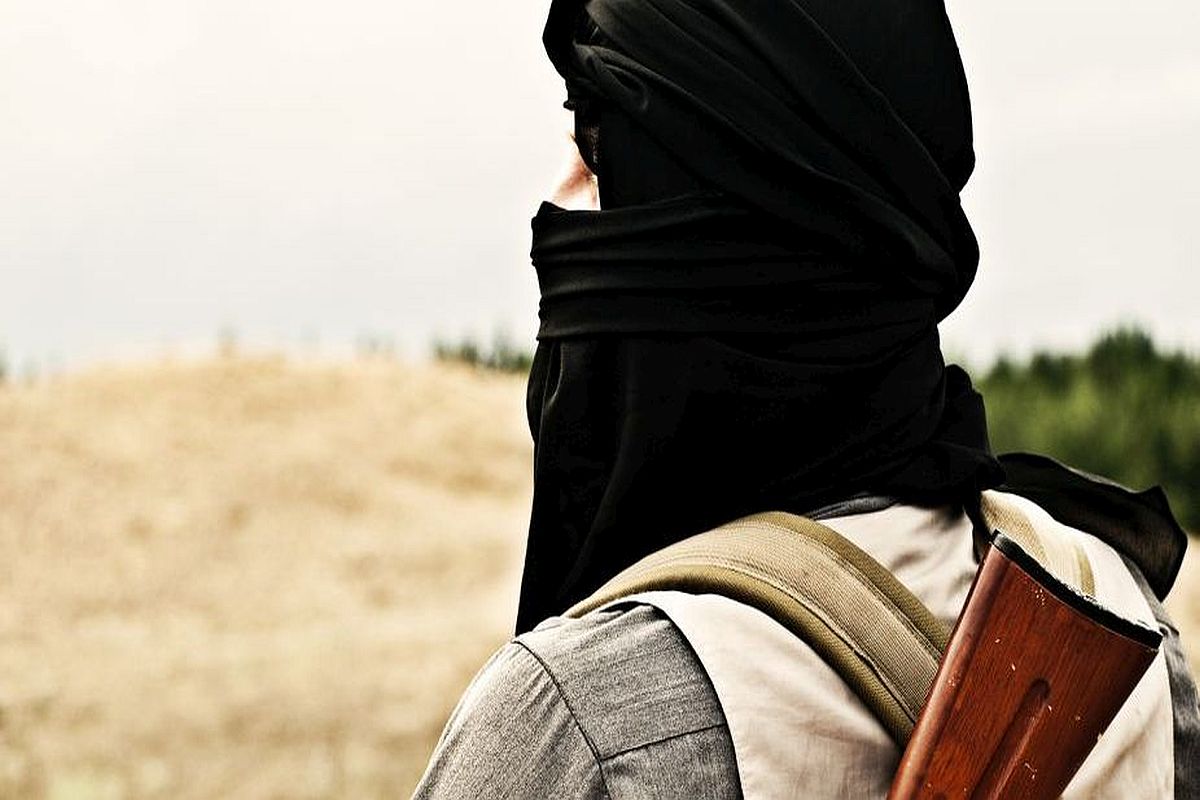Securing India’s coast through multi-agency ops
The importance of coastal security was acknowledged long ago. In the evolving world, types of threats have diversified.
While Pakistan has been placed in ‘Level Three’ category in the latest travel advisory, several parts of the country, including Balochistan, and Khyber Pakhtunkhwa province, have been placed in ‘Level Four’ category.

Representational Image (Photo: Getty Images)
The US has advised its citizens to reconsider their travel to Pakistan due to terrorism and asked them not to travel to restive Balochistan, Khyber Pakhtunkhwa and Pakistan-occupied Kashmir (PoK), identified as the most dangerous areas due to terror attacks.
While Pakistan, in general, has been placed in “Level Three” category in the latest travel advisory issued by the US on Monday, several parts of the country, including Balochistan, and Khyber Pakhtunkhwa province, have been placed in the most dangerous “Level Four” category. The US has also put Pakistan-occupied Kashmir or PoK, which is under Pakistan’s illegal occupation in the “most dangerous” category. The advisory asked US citizens not to travel to these places due to high risk.
“Due to risks to civil aviation operating within or near Pakistan, the Federal Aviation Administration (FAA) has issued a Notice to Airmen (NOTAM) and/or a Special Federal Aviation Regulation (SFAR),” the State Department said in the travel advisory.
Advertisement
Asserting that terror groups continue plotting possible attacks, the State Department said that terrorists may attack with little or no warning, targeting transportation hubs, markets, shopping malls, military installations, airports, universities, tourist locations, schools, hospitals, places of worship and government facilities.
In Pakistan, “Terrorists have targeted US diplomats and diplomatic facilities in the past, and information suggests they continue to do so,” it said.
Terrorist attacks continue to happen across Pakistan, with most occurring in Balochistan and Khyber Pakhtunkhwa, including former Federally Administered Tribal Areas (FATA). Large-scale terrorist attacks have resulted in hundreds of casualties, it said.
“Do not travel to Balochistan province,” the State Department said, adding that active terrorist groups, an active separatist movement, sectarian conflicts and deadly terrorist attacks against civilians, government offices and security forces destabilise the province.
Similarly, in the PoK, it warned that terror groups are known to operate in the area and the threat of armed conflict between India and Pakistan remains. “Indian and Pakistani military forces periodically exchange gun and artillery fire across the Line of Control (LoC),” it said.
Noting that India and Pakistan maintain a strong military presence on both sides of the Line of Control and International Border, the travel advisory said the only official Pakistan-India border crossing point for persons who are not citizens of India or Pakistan is in the province of Punjab between Wagah and Attari.
“Do not travel to KPK province, which includes the former FATA,” the advisory said.
Active terrorist and insurgent groups routinely conduct attacks against civilians, non-governmental organisations (NGOs), government offices, and security forces. “These groups historically have not discriminated between government officials and civilians. Assassination and kidnapping attempts are common, including the targeting of polio eradication teams,” it said.
Advertisement